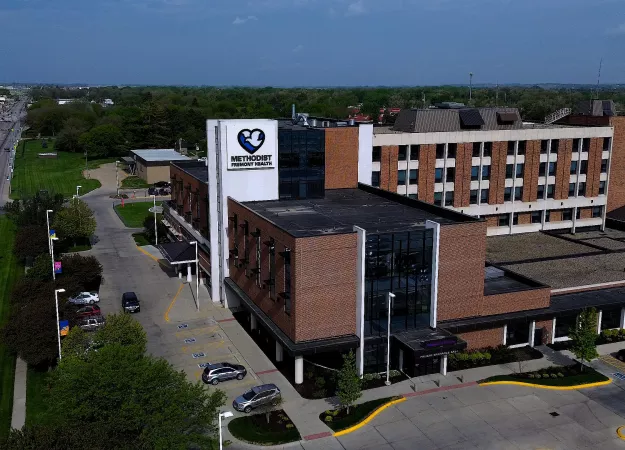
Palliative Care
Find a Provider
Why Methodist?
Our palliative care specialists can meet with you in the hospital or clinic settings. Using a team approach to your care, we work collaboratively with your primary care provider and other specialists to:
- Understand your health care goals and needs
- Provide expert management of pain and other symptoms such as fatigue, nausea, constipation, shortness of breath or difficulty sleeping
- Help you navigate the health care system
- Offer guidance with treatment choices and advance care planning
- Give emotional and spiritual support for you and your family
Who Benefits
Palliative care is appropriate at any age and at any stage in a serious illness, and it can be provided along with curative treatment. Palliative care is based on need, not prognosis. People living with the following illnesses may benefit from palliative care:
- Cancer
- Chronic kidney disease
- Chronic liver disease
- Chronic obstructive pulmonary disease (COPD)
- Dementia or other progressive neurological disorder
- Heart disease/congestive heart failure (CHF)
- Other chronic, life-limiting or life-threatening medical conditions
A palliative care consultation can be requested by a medical provider and is covered by most insurance plans, including Medicare and Medicaid. Our palliative care team reviews each patient’s situation and medical needs to ensure that our services are appropriate for their circumstances. Patients will be offered an appointment for consultation if we determine that our services can meet their needs.
Planning For the Future
We encourage you to start a conversation with your health care provider and loved ones regarding your choices through advance care planning documents, which may include:
- Power of attorney for health care: This designates someone to make medical decisions if you are unable to make your own.
- Living will: This provides guidance regarding the type of medical care that you desire.
- IPOST or POLST: These documents, which are signed by a medical provider, give direction for medical care in cases of an emergency, including limitations to treatments.


